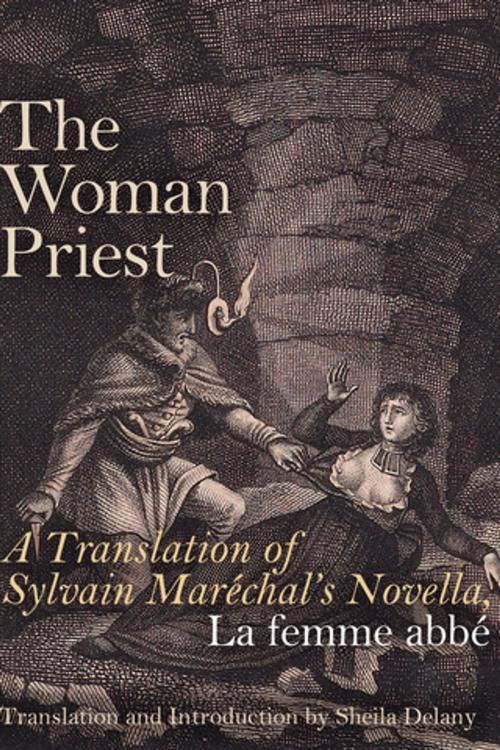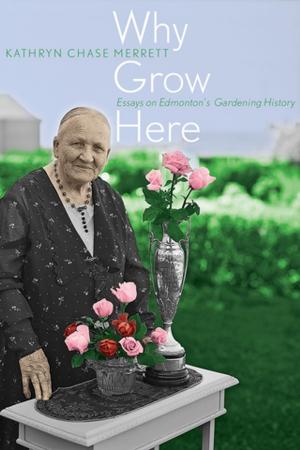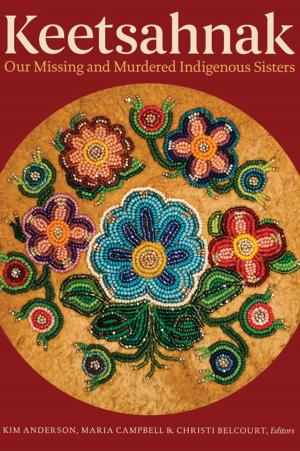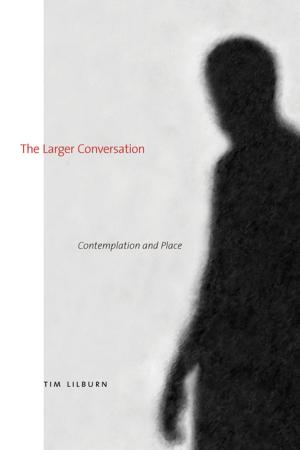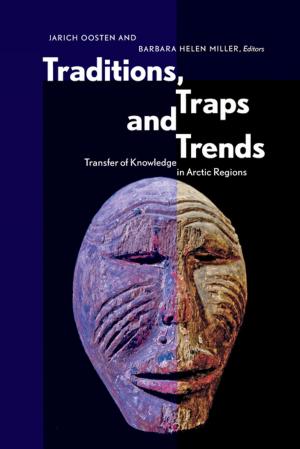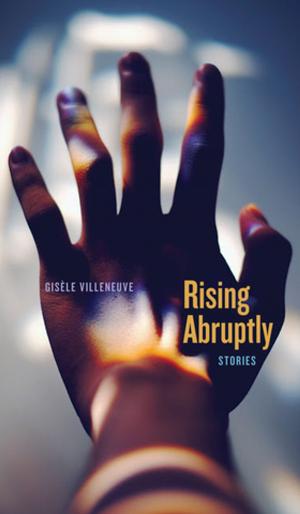The Woman Priest
A Translation of Sylvain Maréchal's Novella, La femme abbé
Fiction & Literature, Literary Theory & Criticism, Nonfiction, Religion & Spirituality, Christianity, Christian Life| Author: | Sylvain Maréchal | ISBN: | 9781772122879 |
| Publisher: | The University of Alberta Press | Publication: | July 26, 2016 |
| Imprint: | The University of Alberta Press | Language: | English |
| Author: | Sylvain Maréchal |
| ISBN: | 9781772122879 |
| Publisher: | The University of Alberta Press |
| Publication: | July 26, 2016 |
| Imprint: | The University of Alberta Press |
| Language: | English |
“My God! Pardon me if I have dared to make sacred things serve a profane love; but it is you who have put passion into our hearts; they are not crimes—I feel this in the purity of my intentions.” —Agatha, writing to Zoé In pre-revolutionary Paris, a young woman falls for a handsome young priest. To be near him, she dresses as a man, enters his seminary, and is invited to become a fully ordained Catholic priest—a career forbidden to women then as now. Sylvain Maréchal’s epistolary novella offers a biting rebuke to religious institutions and a hypocritical society; its views on love, marriage, class, and virtue remain relevant today. The book ends in La Nouvelle France, which became part of British-run Canada during Maréchal’s lifetime. With thorough notes and introduction by Sheila Delany, this first translation of Maréchal’s novella, La femme abbé, brings a little-known but revelatory text to the attention of readers interested in French history and literature, history of the novel, women’s studies, and religious studies.
“My God! Pardon me if I have dared to make sacred things serve a profane love; but it is you who have put passion into our hearts; they are not crimes—I feel this in the purity of my intentions.” —Agatha, writing to Zoé In pre-revolutionary Paris, a young woman falls for a handsome young priest. To be near him, she dresses as a man, enters his seminary, and is invited to become a fully ordained Catholic priest—a career forbidden to women then as now. Sylvain Maréchal’s epistolary novella offers a biting rebuke to religious institutions and a hypocritical society; its views on love, marriage, class, and virtue remain relevant today. The book ends in La Nouvelle France, which became part of British-run Canada during Maréchal’s lifetime. With thorough notes and introduction by Sheila Delany, this first translation of Maréchal’s novella, La femme abbé, brings a little-known but revelatory text to the attention of readers interested in French history and literature, history of the novel, women’s studies, and religious studies.
